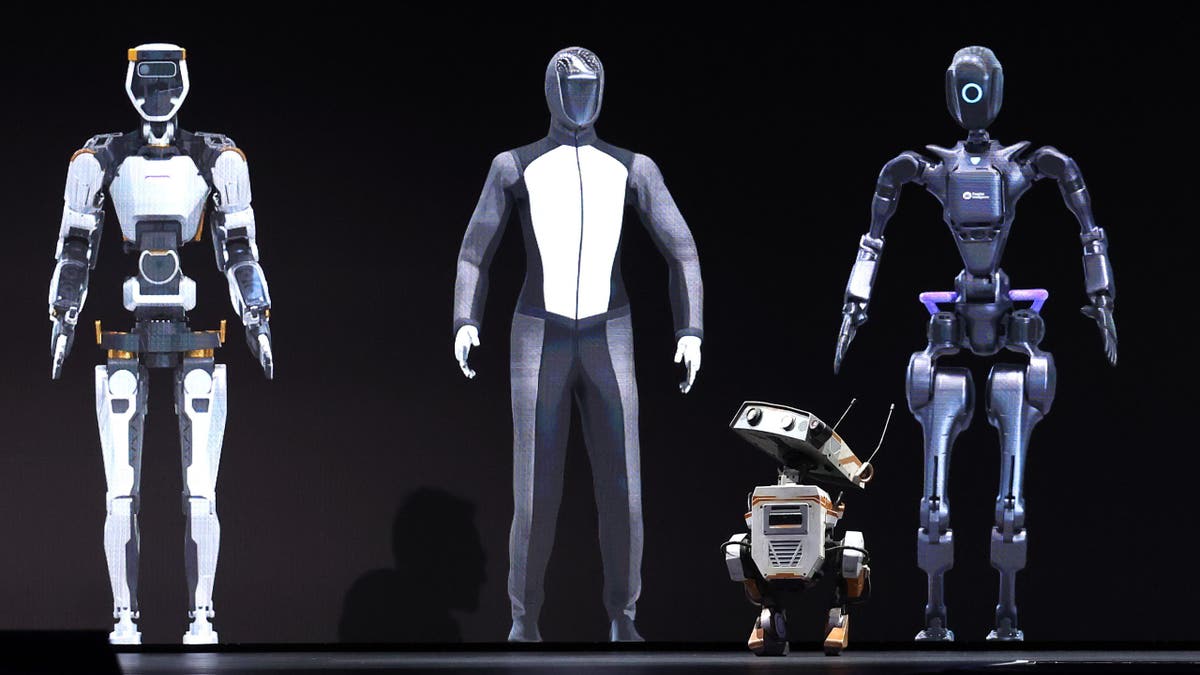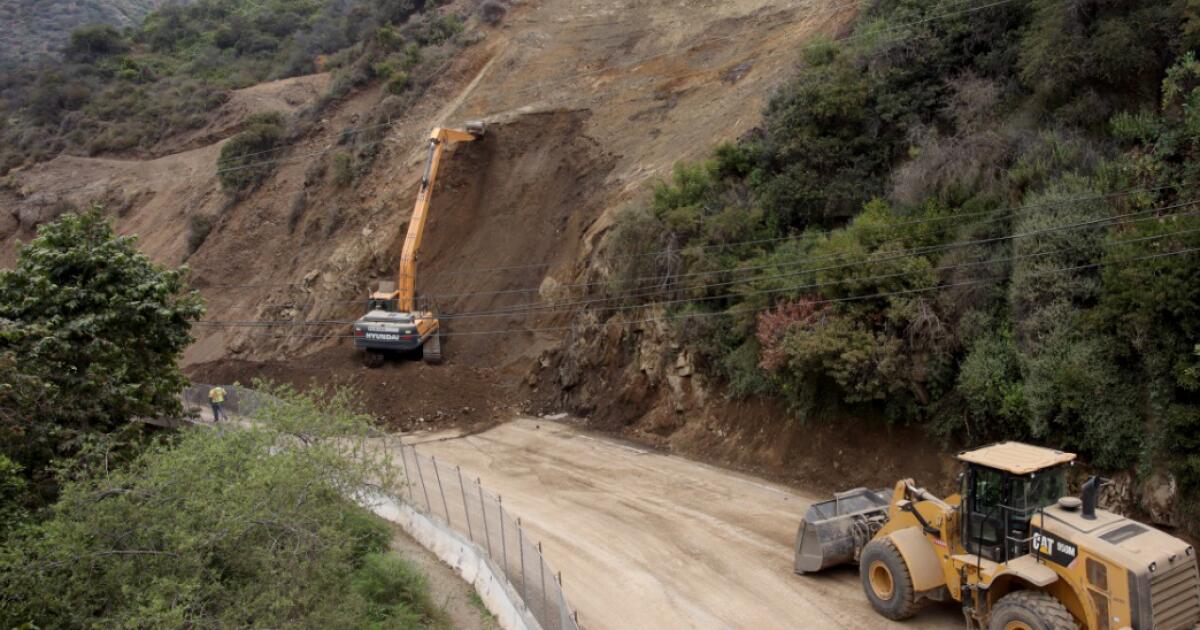A new report from the International Monetary Fund (IMF) has ranked countries on their ability to immediately adopt artificial intelligence (AI) into their economies, once again urging policymakers to ensure that the life-changing technology “can benefit to all”.
“In most scenarios, AI will likely worsen overall inequality, a worrying trend that policymakers can work to prevent,” the IMF wrote in a blog post about its data. “To this end, the dashboard is a response to the significant interest of our stakeholders in accessing the index.”
The index measures a country's readiness for AI adoption across four key measures: digital infrastructure, human capital and labor market policies, innovation, and economic integration and regulation.
The index divides countries into five groups with a score from 0 to 1, where a higher score represents a more favorable readiness for AI, scoring 174 countries.
WHAT IS ARTIFICIAL INTELLIGENCE (AI)?
Employees work at a smart furniture factory using 5G technology and artificial intelligence on October 21, 2020 in Ganzhou, China's Jiangxi province. (Liu Zhankun/China News Service via Getty Images)
According to these ratings, the United States and the Netherlands top the list with a readiness score of 0.77. Other countries with high scores include Finland and Estonia with 0.76, New Zealand, Germany and Sweden with 0.75 and Australia, Japan and Israel with 0.73.
Taiwan, which is the heart of semiconductor production and the manufacturer of the most advanced microprocessors, surprisingly received a rating of 0.67.
Rival nations in the West received worse ratings: China at 0.64, Russia at 0.56, Iran at 0.38 and Venezuela at 0.27.
NATO'S $1.1B INNOVATION FUND INVESTS IN AI, ROBOTS AND SPACE TECHNOLOGY
India, an industrial powerhouse and a country that has rapidly risen through the ranks of major economies to overtake the United Kingdom as the fifth-largest economy as of 2022, has a rating of .49.
At the lower end (the countries least prepared to adopt AI) were South Sudan at 0.11, Afghanistan at 0.13, the Central African Republic (CAR) at 0.18 and Somalia at 0.2. All other nations received scores of .25 or higher.

A doctor using AI document management concept. (iStock)
For countries like Afghanistan, the IMF lacks data on the economy, which may have skewed some of the data. Countries like North Korea, Yemen, Eritrea and Turkmenistan did not appear on the map because there was no “data” on them.
The IMF warned that its data proved “difficult” to collect and synthesize, and noted that “institutional requirements for economy-wide integration of AI remain uncertain.”
NEW BLOOD TEST COULD DETECT DEVASTATING CONDITION YEARS BEFORE SYMPTOMS APPEAR
“As the scoreboard shows, different countries are at different stages of preparation to harness the potential benefits of AI and manage the risks,” the IMF wrote.
“In advanced economies, for example, around 30% of jobs could benefit from the integration of AI,” the IMF explained. “Workers who can take advantage of technology could see better pay or greater productivity, while those who can't could be left behind.”

Nvidia is developing real-world robots equipped with artificial intelligence capabilities. (Justin Sullivan/Getty Images)
“Younger workers may find it easier to take advantage of opportunities, while older workers may have a harder time adjusting,” he added.
A previous IMF analysis found that AI will transform approximately 40% of global employment, which is in line with the historical effects of automation and advances in information technology. However, what sets AI apart as a challenge is the fact that it will also impact high-skilled jobs. And in the most advanced economies, up to 60% of jobs may be affected.
CLICK TO GET THE FOX NEWS APP
With its new analysis, the IMF has suggested that countries with more advanced economies should look to expand social safety nets, invest in worker training, and prioritize innovation and AI integration.
“Coordinating with each other globally, these countries should also strengthen regulation to protect people from potential risks and abuses and build trust in AI,” the IMF said. “The policy priority for emerging market and developing economies should be to lay a solid foundation by investing in digital infrastructure and digital training for workers.”












